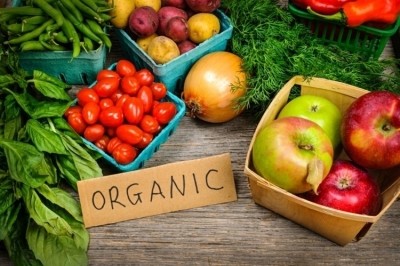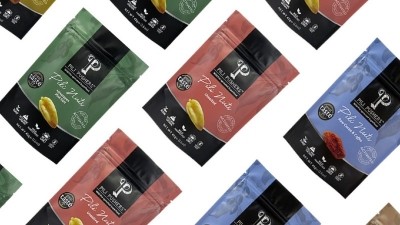South Korea organic food: Tighter rules could lead to trade barriers, but market growth not expected to slow

In South Korea, organic foods are associated with health benefits, and even high prices have not deterred local consumer demand for such products especially after the COVID-19 pandemic hit and demand for foods with health and wellness benefits skyrocketed.
“Regular food product prices in South Korea are already considered very expensive when compared with standard food prices in places like the European Union, and organic food is even more expensive than these,” local business consultancy firm KOISRA CEO Eyal Victor Mamou told FoodNavigator-Asia.
“Despite these high prices, there is a growing demand for organic food products because these are considered as healthy food and Koreans are willing to pay extra for products and foods that are considered more healthy. COVID-19 also boosted the sale of healthy foods in Korea.”
Some of the most popular types of organic foods in the country include processed fruit and vegetable products as well as fresh fruits and vegetables, juices and dairy, baby food products as well as snacks.
“The organic food market in South Korea grows consistently every year by about 5% to 9%, and considering the high demand, I believe that it will continue to grow this year as well, especially as local demand and health awareness also continues to grow every year,” said Mamou.
“We can see growing demand in all the niche food sectors, including gluten free products - a category of products which was unknown here just a few years ago – and the growth of organic and healthy foods is also boosted by the fact that Korea’s local shipment and logistics ecosystem is very advanced, so buying organic food and fresh products online is easy and can be received by the same day.”
Strengthening local organic market
Many South Korean organic brands are homegrown local brands with a focus on fresh products like vegetables and grains.
South Korea recently introduced stricter regulations to govern organic certification, increasing the integrity of the system but also making it somewhat more difficult for firms not dealing with fully-organic products to get certified.
One of these measures was the introduction of an additional certification system for products – the current system deals with organic processed foods comprising over 95% organic ingredients, but the new system will now monitor processed foods with over 70% organic ingredients as well as those which ‘have no pesticides introduced’ in their ingredients.
In addition, non-certified foods are now no longer allowed to utilise environmentally friendly terms such as ‘eco-friendly’ or any pesticide-free terms, and reinforced sanctions have been introduced whereby repeat offenders who have their certification cancelled three or more times in 10 years or have certification revoked will be banned from reapplying for five years.
That said, Mamou believes that South Korea’s high demand for organic foods will continue to sustain the market even if conditions get stricter.
“The demand for organic foods is so high that organic aisles or even whole departments are available in most regular hypermarkets and department stores locally,” said Mamou.
“In department stores, there is generally a larger variety of imported products, whereas in regular hypermarkets there is a better mix with local brands. There are many local brands, as the sale margin for these products is higher than regular products, [but interestingly] at present over 70% of the ingredients used in locally-produced processed organic products are imported.
“The government has now implemented stricter regulations on the certification process, the labeling and the inspections of organic sellers, and I would not be surprised that these new regulations will soon become new non-tariff barriers to block imported products.”
Organic certifications from the EU and US are currently recognised in Korea.
Organic and pesticide-free agriculture
In South Korea, eco-friendly agriculture is differentiated into organic farming (no chemical fertiliser) and pesticide-free farming (using chemical fertilizers for less than 1/3 of the recommended fertilizer use), and the government has been actively attempting to help farmers convert to the former to not only boost income but also meet demand.
“As of 2020, the certified organic area in South Korea has expanded to 39,000 hectares, an increase of 29.7% compared to 30,000 hectares in 2019 and 18,000 hectares back in 2014,” the South Korean Ministry of Agriculture, Food and Rural Affairs (MAFRA) said in a statement.
“It is estimated that there has been a reduction of about 18,062 tons of chemical fertilisers and about 834 tons of pesticides compared to conventional cultivation.”
A large part of this organic agriculture increase arose from the conversion of non-pesticide agriculture, but according to Mamou overall agricultural production in Korea is sliding downwards.
“Many farmers are trying to shift to organic or non-pesticide farming, due to better sales margin and growing demand, but it's not easy,” he said.
“Compared to 2019, there was an increase in the organic certified farms, but also a decrease in the pesticide-free certified farms and because of regulations allowing the former to convert their certification to an organic one.
“In general the total agricultural production in Korea is decreasing every year, despite the massive help and subsidies by the government.”



















